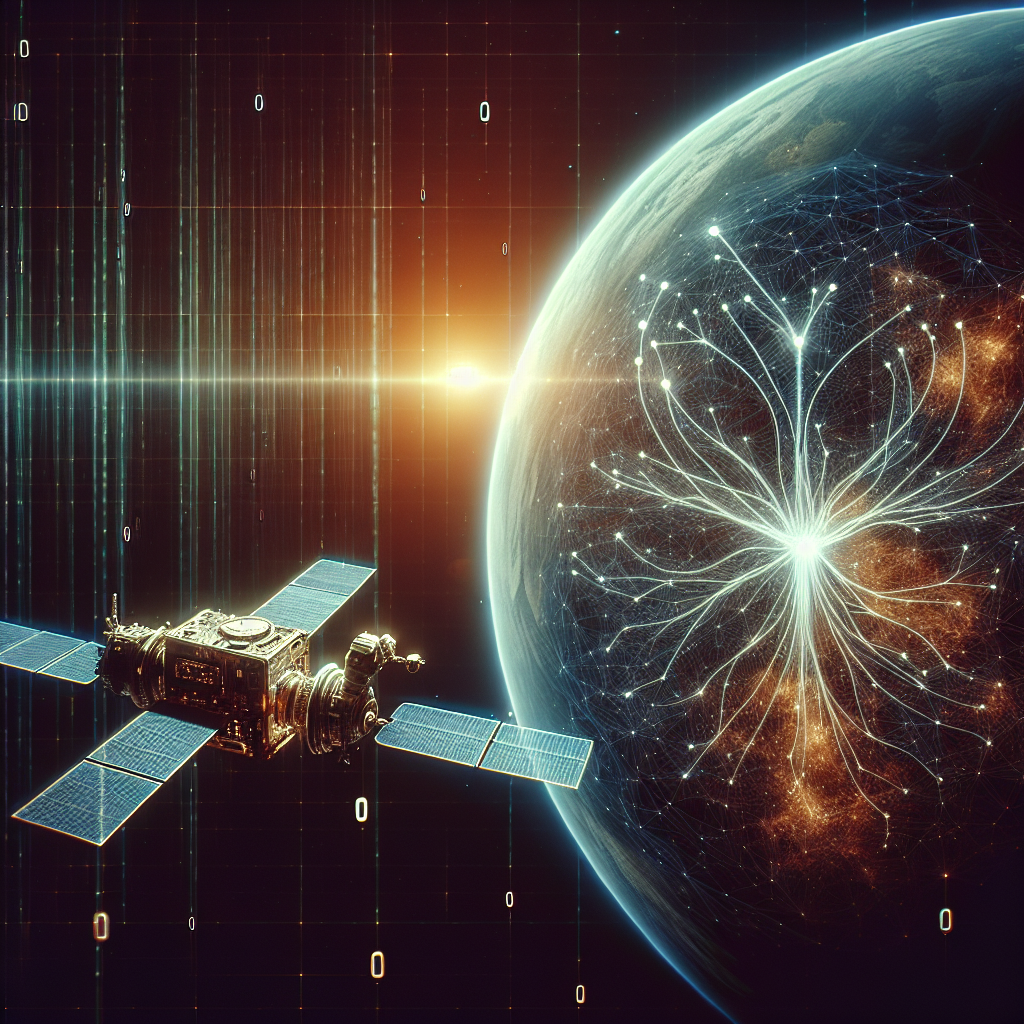The Role of AI Software in Space Exploration
Space exploration has always been a field that has captured the imagination of people around the world. From the first manned mission to the moon to the rovers exploring Mars, the quest to understand the universe beyond our planet has driven scientists and engineers to develop new technologies and push the boundaries of what is possible. One of the key technologies that is playing an increasingly important role in space exploration is artificial intelligence (AI) software.
AI software is revolutionizing the way we explore space by enabling machines to learn from data, make decisions, and even adapt to changing environments without human intervention. From autonomous rovers to spacecraft navigation systems, AI is helping us to explore the cosmos in ways that were once thought impossible. In this article, we will explore the role of AI software in space exploration and how it is shaping the future of our understanding of the universe.
1. Autonomous Rovers
One of the most well-known applications of AI software in space exploration is in the development of autonomous rovers. These robotic vehicles are able to navigate the surface of other planets, such as Mars, without direct human control. AI algorithms enable these rovers to analyze their surroundings, make decisions about where to go, and avoid obstacles in real-time.
For example, the Mars Curiosity rover uses AI software to analyze images of the Martian surface and identify interesting features to investigate. This allows the rover to autonomously determine its route and prioritize which areas to explore. Without AI software, the rover would require constant human input to navigate the challenging terrain of Mars.
2. Spacecraft Navigation
AI software is also being used to improve spacecraft navigation systems. By incorporating AI algorithms into the guidance systems of spacecraft, we can improve their ability to navigate complex environments, such as asteroid fields or the rings of Saturn. AI software can analyze data from sensors and make real-time adjustments to the spacecraft’s trajectory to avoid collisions and optimize fuel efficiency.
Furthermore, AI software can be used to predict the movement of celestial bodies, such as asteroids or comets, and help spacecraft avoid potential collisions. This is crucial for the safety of both manned and unmanned missions in space.
3. Data Analysis
Another important role of AI software in space exploration is in the analysis of vast amounts of data collected by spacecraft and telescopes. AI algorithms can sift through terabytes of data to identify patterns, anomalies, and potential discoveries that may have been missed by human researchers. This can lead to new insights into the nature of the universe and help scientists make breakthrough discoveries.
For example, the Kepler Space Telescope used AI software to analyze data from thousands of exoplanets to identify potential candidates for further study. By automating the process of data analysis, AI software can accelerate the pace of scientific discovery and help us unlock the mysteries of the cosmos.
4. Mission Planning
AI software is also being used to assist in the planning and execution of space missions. By simulating different scenarios and analyzing potential risks, AI algorithms can help mission planners make informed decisions about the best course of action. This can improve the success rate of missions and ensure the safety of astronauts and equipment.
For example, AI software was used to plan the trajectory of the Mars InSight lander, which successfully touched down on the Martian surface in 2018. By simulating different landing scenarios and analyzing potential hazards, AI software helped ensure a successful landing for the spacecraft.
FAQs
1. How is AI software different from traditional software?
AI software differs from traditional software in that it is able to learn from data, make decisions, and adapt to changing environments without human intervention. Traditional software follows pre-programmed instructions and cannot learn or adapt on its own.
2. How does AI software benefit space exploration?
AI software benefits space exploration by enabling autonomous rovers, improving spacecraft navigation systems, analyzing vast amounts of data, and assisting in mission planning. This helps scientists and engineers explore the cosmos in ways that were once thought impossible.
3. What are some challenges of using AI software in space exploration?
Some challenges of using AI software in space exploration include the need for robust algorithms that can operate in harsh environments, the potential for errors in decision-making, and the ethical considerations of autonomous machines in space.
4. What are some future applications of AI software in space exploration?
Some future applications of AI software in space exploration include the development of autonomous spacecraft, the use of AI algorithms to identify potential habitable exoplanets, and the integration of AI into space habitats to assist astronauts with daily tasks.
In conclusion, AI software is playing an increasingly important role in space exploration by enabling autonomous rovers, improving spacecraft navigation systems, analyzing data, and assisting in mission planning. As we continue to push the boundaries of what is possible in space exploration, AI software will play a crucial role in helping us understand the universe beyond our planet.

